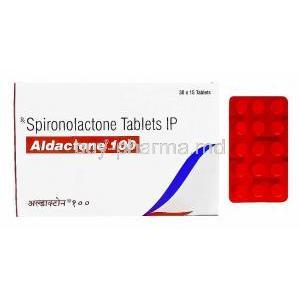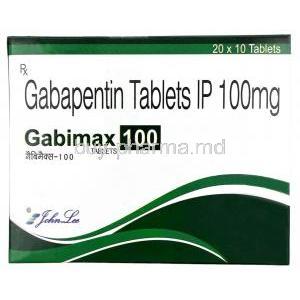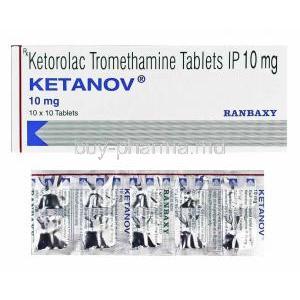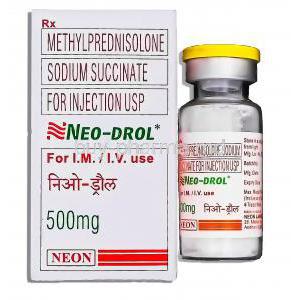Thiocolchicoside
- Introduction to Thiocolchicoside
- Therapeutic Uses of Thiocolchicoside
- Off-Label Applications of Thiocolchicoside
- How Thiocolchicoside Works
- Dosage and Administration Guidelines
- Composition and Ingredients
- Storage Recommendations
- Drug Interactions and Precautions
- Warnings and Contraindications
- Side Effects of Thiocolchicoside
- Careful Administration Guidelines
- Important Precautions
- Managing Overdosage
- Handling Precautions for Healthcare Professionals
Introduction to Thiocolchicoside
Thiocolchicoside, a medication that helps relax muscles and has inflammatory and pain relieving properties comes from certain plants in the Colchicaceae family. It was discovered years ago and has been a source of comfort for people dealing with muscle and neuromuscular issues. The way it is structured at a level allows it to work in two ways: easing muscle tension without causing the harsh side effects common in synthetic medications.
Therapeutic Uses of Thiocolchicoside
Thiocolchicoside is used for various conditions, including acute and chronic back pain, pain after surgery, muscle spasms, ankylosing spondylitis, rheumatoid arthritis, arthropathy, damage to the vertebrae, traumatic injury, neuritis, and persistent muscle spasms2.
Off-Label Applications of Thiocolchicoside
- Recent studies have investigated the effects of thiocolchicoside on athletes during sporting competitions.
- Athletes often experience muscle tone changes, stiffness, contractures, and soreness. Thiocolchicoside may play a role in alleviating these symptoms 1.
How Thiocolchicoside Works
Thiocolchicoside works by using a method to target muscle receptors and relieve spasms without affecting neuromuscular function. Its gentle nature compared to other muscle relaxants is due to its precise interaction, with the bodys natural pathways. This careful approach helps reduce effects while improving the effectiveness of treatment.
Dosage and Administration Guidelines
Administering Thiocolchicoside involves following designed instructions to guarantee its effectiveness and safety. The suggested dose for adults should be tailored to each person's requirements considering factors such as age, pregnancy, breastfeeding and children. The techniques for administering the drug emphasize its use's significance of accuracy and attentiveness.
Composition and Ingredients
The composition of thiocolchicosides combines inactive ingredients in a balanced manner to provide effective treatment while reducing potential side effects. It comes in forms, for easy intake meeting the needs and choices of a wide range of patients.

Storage Recommendations
The effectiveness and lifespan of Thiocolchicoside depend on how it's stored correctly. Following the suggested storage conditions helps maintain the drug's quality throughout its shelf life. Additionally following safety guidelines for disposal highlights the significance of awareness, in handling pharmaceutical items.
Drug Interactions and Precautions
Thiocolchicoside is quite effective. It's important to understand how it interacts with other substances. This medication can interact with different drugs, so it's crucial to be careful when administering it.
Notable Drug Interactions: Using Thiocolchicoside at the time as blood thinners or antiplatelet medications can increase the risk of bleeding. Combining it with depressants can also enhance its sedative effects.
Effects of Alcohol and Food: Drinking alcohol while taking Thiocolchicoside can make its sedative effects stronger. Certain foods however do not seem to affect how the medication works.
Avoiding Specific Medications; Its recommended to use caution when prescribing Thiocolchicoside along with drugs that have a therapeutic range to prevent any potential negative effects, on how the medication works in the body.
Warnings and Contraindications
Healthcare professionals need to be careful and aware of the risks associated with Thiocolchicoside, especially when dealing with vulnerable groups.
Specific Situations to Be Mindful Of; It's important to note that Thiocolchicoside should not be used in patients who have a known allergy to the medication or its components or in individuals with myasthenia gravis.
- Concerns for Specific Groups; Elderly people may experience reactions to the effects of Thiocolchicoside on the central nervous system.
- Pregnant and breastfeeding women should avoid using Thiocolchicoside due, to safety information available.
- When administering Thiocolchicoside to children, it's crucial to follow recommended dosages and keep an eye out for any negative reactions.
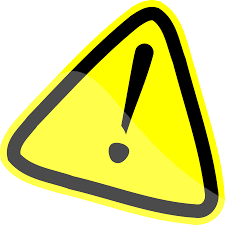
Side Effects of Thiocolchicoside
While Thiocolchicoside administration is generally considered safe, it can lead to side effects that healthcare providers need to watch out for.
- Common adverse reactions include to moderate gastrointestinal issues, dizziness and headaches as temporary symptoms.
- Gastrointestinal problems like nausea, vomiting, and diarrhea are commonly seen with this medication.
- Central nervous system effects such as drowsiness and dizziness can affect alertness and task performance.
- Although allergic reactions are rare, immediate medical attention is required if hypersensitivity occurs.
- In cases of adverse effects, stopping the drug immediately and seeking appropriate medical help is crucial.
- Healthcare professionals and patients should report any events to regulatory authorities, for continuous safety monitoring.
Careful Administration Guidelines
- Ensuring that Thiocolchicoside is administered safely relies on following established guidelines and customizing the treatment plan based on the patient's medical history. It is crucial to monitor for any adverse reactions, especially at the beginning of treatment.
- Adjustments to dosage may be needed for patients, with kidney or liver issues well as other specific conditions. Patients should receive education about the possible side effects of Thiocolchicoside and be reminded of the importance of sticking to prescribed doses.
Important Precautions
Before starting the treatment keeping track of it over time are parts of a complete treatment strategy involving Thiocolchicoside. This helps in reducing the risks linked with its usage.
Initial Assessment: It's important to have a medical history and examination to spot any reasons why Thiocolchicoside might not be suitable or where dosage adjustments might be needed.
Continuous Evaluation: Regularly checking how the patient responds to the therapy allows for changes to the treatment plan.
Preventing Misuse and Dependency; Teaching patients about the way to use Thiocolchicoside is essential in preventing misuse and potential reliance, on it.
Managing Overdosage
In situations where there is an intake of Thiocolchicoside, it is vital to promptly and appropriately address the issue to avoid severe outcomes. Signs of an overdose may include worsened side effects, such as central nervous system depression. When dealing with a Thiocolchicoside overdose there isn't an antidote available so treatment focuses on providing symptomatic and supportive care. It is crucial to monitor signs and implement supportive interventions until the effects of the overdose diminish.
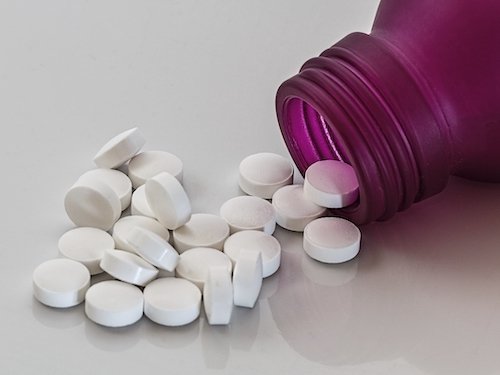
Handling Precautions for Healthcare Professionals
It is crucial to handle and administer Thiocolchicoside safely to ensure the well-being of patients and the safety of healthcare workers.
- Following precautions when dealing with Thiocolchicoside reduces the likelihood of unintended exposure.
- Using personal protective equipment (PPE) and adhering to safety protocols are vital steps to prevent accidental exposure.
- Additionally implementing disposal methods for Thiocolchicoside and its packaging is important, in safeguarding the environment from contamination.


